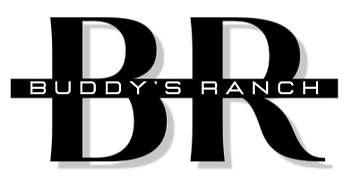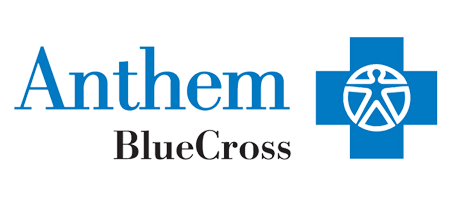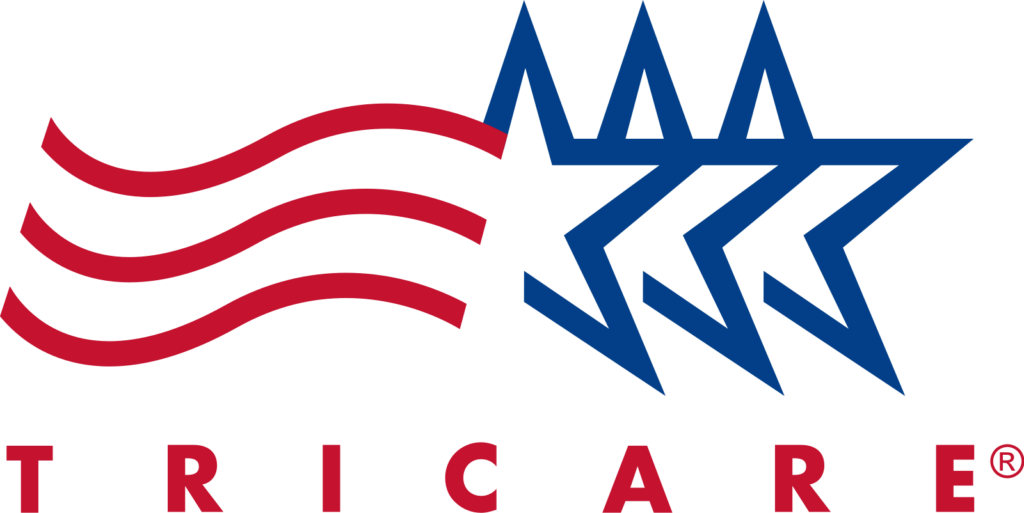Treating Bipolar Disorder and Addiction
home » What We Treat » Mental Health » Bipolar Disorder
Treating Bipolar Disorder and Addiction
Bipolar and addiction are two complex, sometimes misunderstood mental health conditions that impair a person’s ability to function in daily life. Bipolar disorder affects an estimated 4.4% of U.S. adults in their lifetime. Put another way, approximately 1 in 23 people will experience bipolar disorder in their lifetime, so it is likely we all know or will know someone with bipolar disorder. Addiction, or substance use disorder, has a lifetime rate between 12% and 15% among those in the United States.
The relationship between these two mental health conditions surprises many people. For example, it is estimated that 60% of people with bipolar disorder have a drug or alcohol dependence. Unfortunately, as is often the case in co-occurring disorders (when a person experiences a mental health disorder and a substance use disorder at the same time), just 17% of people receive treatment for both disorders, according to the 2022 National Survey on Drug Use and Health (NSDUH).
While the challenges are significant, recovery is possible. This article will define bipolar and addiction, explore how they interact, and describe integrated treatment options that can lead to long-term recovery.
Defining Bipolar Disorder and Addiction
Bipolar disorder is a mental illness that causes clear shifts in a person’s mood, energy, activity levels, and concentration. People with bipolar disorder often move between “up” phases of feeling fully energized, elated, and impulsive to phases of feeling very “down” – sad, hopeless, or indifferent. The “up” phases are sometimes called manic episodes, and the down phases are known as depressive episodes. Many people also experience a mixed state, where they often have the energy of an “up” phase but with elements of a depressive episode. Some people describe this as the hardest phase for them because they feel the most out of control during these times.
Addiction affects a person’s brain and behavior. It is a mental health condition that leads to compulsive drug use even when it leads to harmful consequences. A person can become addicted to many substances, both legal and illegal, including alcohol, opioids, fentanyl, heroin, cocaine, various prescription medications, and even non-substance addictions. Addiction can be treated with support, evidence-based therapy, and other treatment modalities such as medication-assisted treatment (MAT).
The Relationship Between Bipolar Disorder and Addiction
Bipolar and addiction don’t cause each other, but they can play off of each other in harmful ways. Here are four:
- Genetics: Bipolar disorder has a genetic component, and a family history of bipolar disorder can increase one’s risk of having the condition. Genetic differences often play a role in how a person’s brain reacts to alcohol or drugs, potentially increasing the risk of addiction.
- Depression or anxiety: Some people use substances to self-medicate depression, anxiety, and other symptoms of bipolar disorder. This makes symptoms worse and can lead to a harmful cycle.
- Manic episodes: During episodes of mania, people may feel energized physically and mentally. This can lead to racing thoughts, distraction, and poor judgment. People are more likely to do things they wouldn’t normally do, which can lead to alcohol or drug misuse.
- Substance use: Over time, prolonged drug or alcohol use can alter one’s brain chemistry and functioning. This can lead to increased vulnerability for other mental health conditions.
Dual Diagnosis Treatment for Bipolar Disorder and Addiction
Dual diagnosis treatment is an integrated approach to treatment for co-occurring disorders such as bipolar disorder and addiction. Experts agree that addressing both conditions at the same time is crucial for positive outcomes, as leaving either condition untreated will eventually exacerbate the other.
Every person’s treatment plan will be unique and should be established with an experienced professional. Most dual diagnosis treatment plans include similar components, including evidence-based therapy and MAT. Examples of common and effective evidence-based therapies include Cognitive Behavioral Therapy (CBT), Dialectical Behavior Therapy (DBT), and Acceptance and Commitment Therapy (ACT):
- CBT is psychotherapy (talk therapy) that focuses on identifying and changing negative thought patterns and behaviors. Participants learn to effectively manage both mental health and substance use challenges by developing healthier coping mechanisms.
- DBT is also talk therapy that combines CBT techniques with mindfulness. DBT is particularly effective for clients with borderline personality disorder or those experiencing intense emotional dysregulation.
- ACT therapy focuses on helping participants accept their thoughts and feelings rather than fighting or feeling guilty for them. It can help people commit to actions that align with their values.
The initial evaluation or assessment will inform the overall treatment plan. This is an important first step to identifying bipolar disorder or other mental health disorders, as well as substance use disorders.
FAQs About Treating Bipolar Disorder and Addiction
Treating bipolar disorder and addiction together can be challenging for a few reasons. First, symptoms such as mood swings and impulsivity can overlap, making an accurate diagnosis difficult. For example, a manic episode could look like a result of substance misuse, or symptoms of withdrawal from a substance might look like depression. Second, medication adherence in treatment is important but can be complicated by addiction, as some participants could misuse medications. Third, treating both conditions is critical for long-term success, but it can be challenging to focus on both equally. For these reasons, it is vital to have ongoing reassessment and work with a team and providers experienced with dual diagnosis treatment.
Recognizing co-occurring bipolar disorder and addiction can be difficult because one may hide the other. Common warning signs to watch for include severe mood swings, impulsive decisions, risky behavior, or the use of substances to cope with emotional highs and lows. Try to watch for changes in sleep, energy, and social participation. As with many health conditions, early intervention can lead to better outcomes.
Lasting recovery from bipolar disorder and addiction requires a lifestyle of stability, health, and self-care. Maintaining regular sleep, exercising regularly, and eating good nutrition can help prevent cravings, mood changes, and manic episodes. Knowing your triggers and developing techniques to manage stress is important. People who can create a structured routine and network of people or support groups significantly increase their chances of lasting recovery.
Treatment for Bipolar Disorder and Addiction at Buddy’s Ranch
Buddy’s Ranch specializes in comprehensive care for individuals facing the dual challenges of bipolar disorder and substance use. Located in Yuba City, California, our residential treatment program is built around compassionate, evidence-based support. Our team of experienced licensed therapists, clinical staff, and peer support professionals are here to help you stabilize and heal. We offer a safe, judgment-free environment where you can focus on recovery, regain control, and rediscover your strength. You don’t have to go through it alone. If you or a loved one is ready to begin a dual diagnosis treatment program tailored to your unique needs, please contact us today.
Contact
"*" indicates required fields
You can view our privacy policy here.










